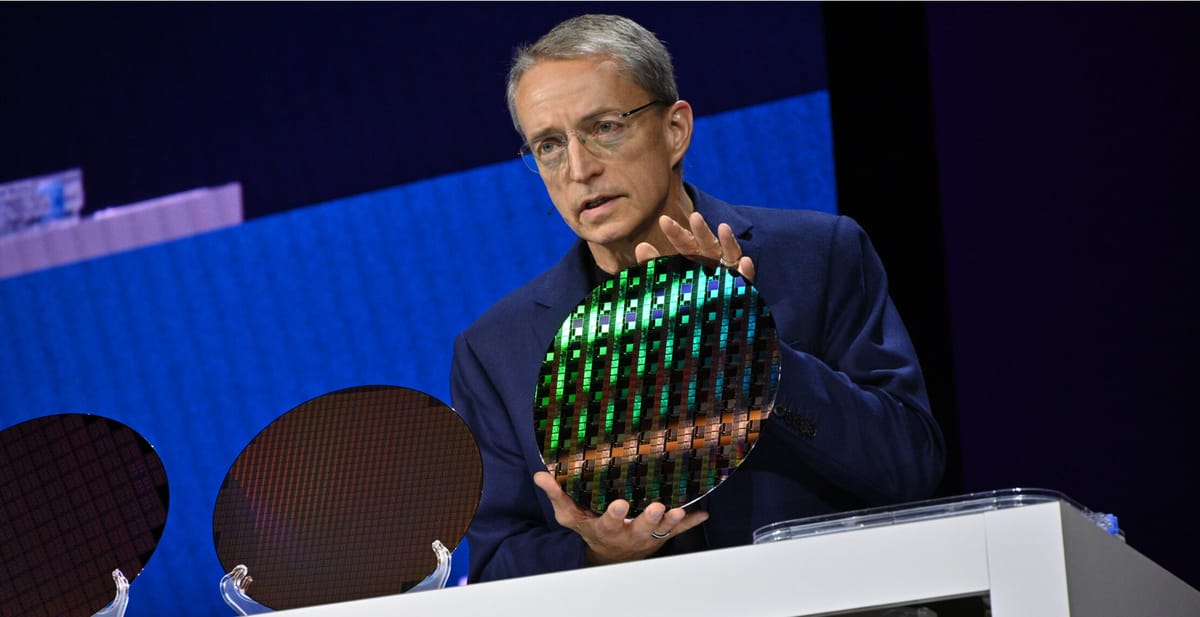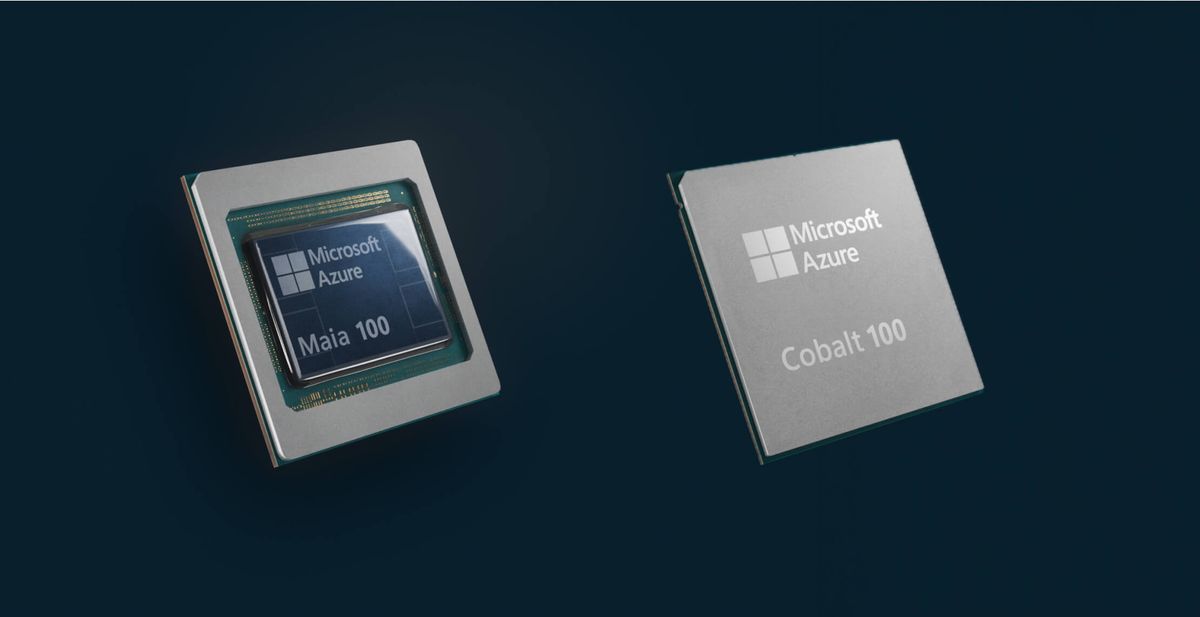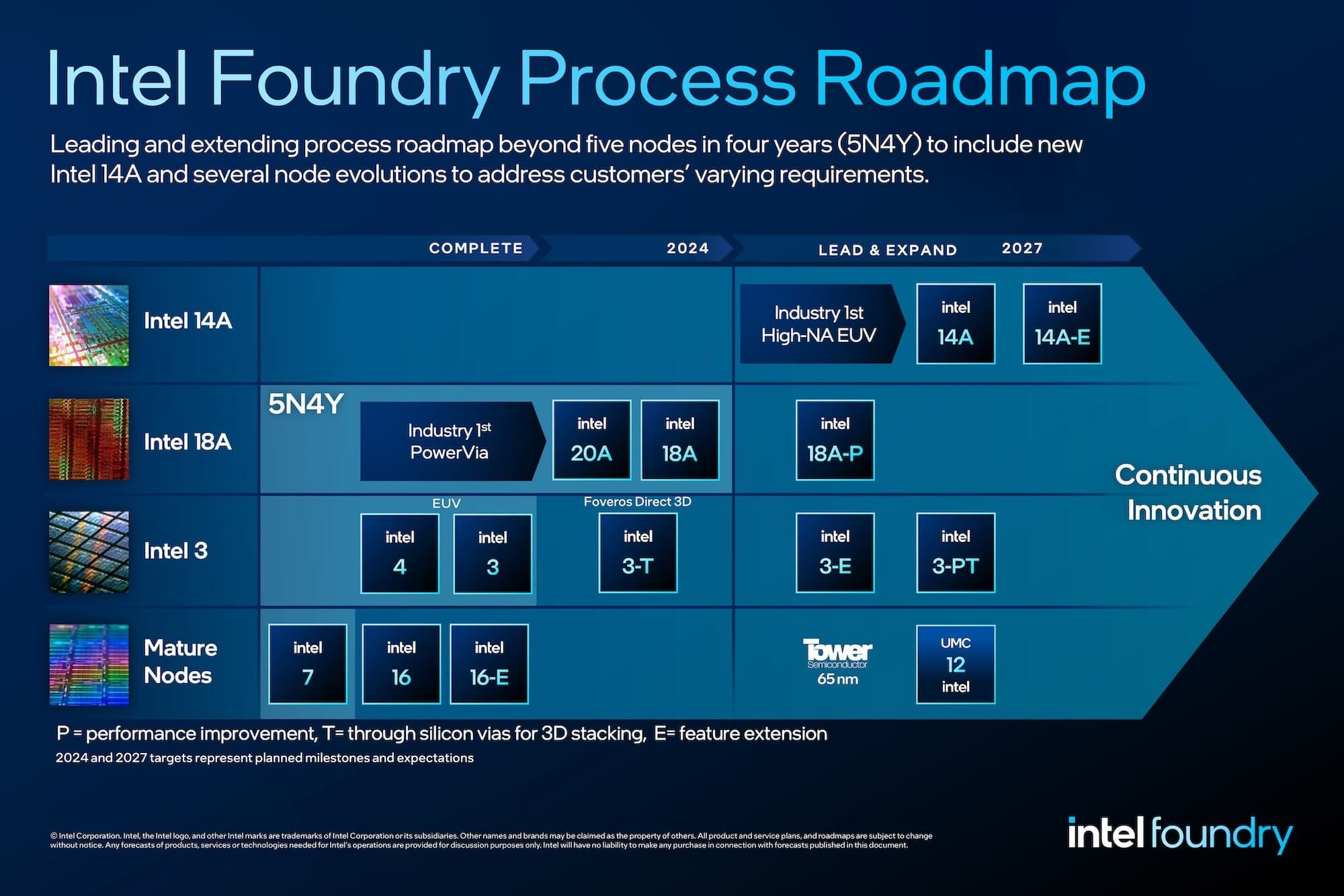
In a major win for its foundry business, Intel has secured Microsoft as a marquee customer to manufacture advanced semiconductors. The software giant plans to leverage Intel's cutting-edge 18A process technology for an undisclosed AI chip Microsoft itself designed.
Announced at Intel's inaugural "Foundry Direct" event that was held on Feb. 22nd, the deal caps years of Intel's aggressive pivot into the foundry market – taking on the likes of TSMC and Samsung. With IDC estimating foundry revenues reaching nearly $100 billion by 2025, it represents a vital growth avenue for Intel.
And few customers carry more weight than Microsoft. As massive hyperscalers like Microsoft, Google, and Amazon build more custom silicon for their data centers, Intel Foundry aims to be their trusted manufacturing partner. Participants and speakers at the event included U.S. Secretary of Commerce Gina Raimondo, Arm CEO Rene Haas, Microsoft CEO Satya Nadella, and OpenAI CEO Sam Altman.
"We need a reliable supply of the most advanced, high-performance and high-quality semiconductors," said Microsoft CEO Satya Nadella. "That’s why we are so excited to work with Intel Foundry, and why we have chosen a chip design that we plan to produce on the Intel 18A process."
While neither executive disclosed specifications, the chip is likely an AI accelerator or specialty processor tailored to Microsoft's needs as it pushes into large language models and other cutting-edge workloads.

The deal's lifetime value is over $15 billion, Intel announced, spanning both wafer production and advanced packaging technologies like EMIB and Foveros. Beyond Microsoft, Intel also cited momentum with new customers across segments like networking, graphics, storage, and high performance computing.
Intel isn't striving to be any generic silicon manufacturer, however. It's billing itself as a "systems foundry." The company argues its about leveraging co-optimization across the entire technology stack from materials to software, not just owning fabs. Intel promises integrated solutions covering IP, reference architectures, and security as chips get more heterogenous and complex in the AI era.
It's a differentiator as Intel goes head-to-head with TSMC on bleeding-edge nodes. Just as critical, Intel announced a strengthened process roadmap. It now plans to ship an "Intel 14A" node delivering 10-15% performance per watt gains by 2025, staying on pace to regain process leadership by 2025 with "Intel 18A." New specialized node variants are also on tap.

Geopolitical priorities likewise underpin Intel's foundry pitch. At the event, U.S. Secretary of Commerce Gina Raimondo stressed the importance of boosting domestic chip manufacturing capacity. Both for economic growth and national security reasons as chips become so vital.
Intel Foundry offers customers from hyperscalers to startups leading-edge nodes manufactured on U.S. soil. And now with sustainability becoming paramount, Intel is also committing to be the "most sustainable foundry” on metrics from renewable energy and water use to waste reduction.
Between technology leadership, geopolitics, and ESG trends, the ingredients are aligning for Intel Foundry according to industry voices. "Considering all the uncertainty in the semiconductor supply chain, having an advanced node foundry with US and EU manufacturing like Intel's is a game changer,” said Pierre Ferragu, Global Semiconductor lead analyst for New Street Research.
With Microsoft signing on the dotted line, Intel Foundry boasts bonafides no other foundry can currently match. Rival TSMC remains the giant to beat, but Intel is primed to carve out a profitable position powering data center innovation into the AI age.


